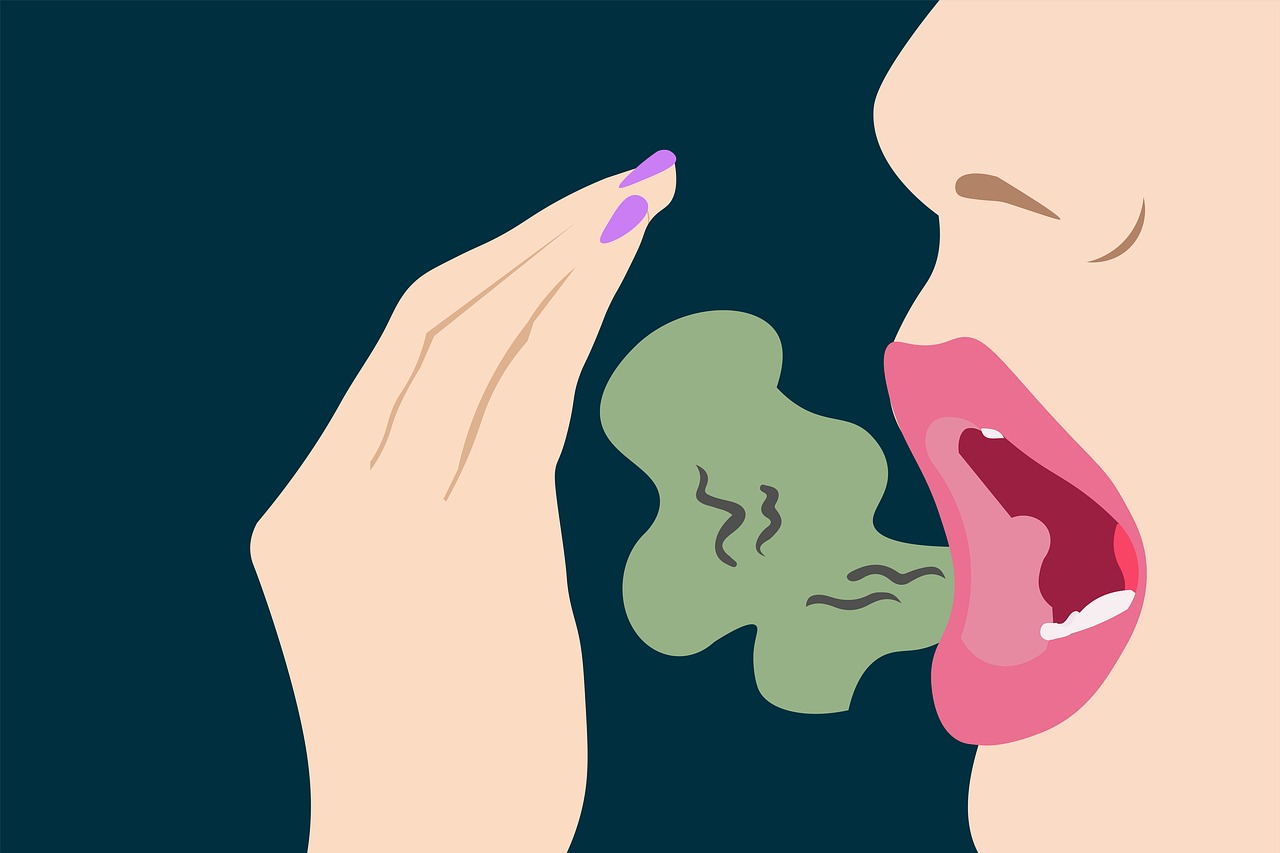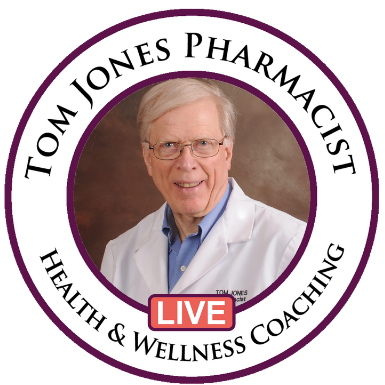
Have you ever experienced talking to a person with foul-smelling breath? Or maybe you are the person suffering from bad breath. Bad breath is the common term, it is actually called halitosis. Halitosis comes from the Latin word “halitus” which means breath. Bad breath is embarrassing and affects many people. The stats are around 1 in 4 people and it’s one of the main reasons people seek dental consultation. If you go to the dentist, some have smart detectors that can discover what chemicals are responsible for bad breath. Although the usual cause is a lack of good oral hygiene, there are other reasons for this oral health problem. Causes Of Bad Breath Some are simple causes you have control over, others may be less so. ● Acid reflux leads to spitting up partially digested food from the stomach or sour-tasting liquid and in turn, produces bad breath.

● Bacteria may have settled on your tongue, particularly in the grooves and crevices. ● Diabetes complications, if not managed well, can induce chemicals called ketones, a process called ketosis, that will make your breath smell. ● Dry mouth can be experienced by people who are taking prescription medications. Some medicines can cause the mouth to become dry, which can lead to bad breath because of insufficient saliva washing away bacteria. Other drugs produce unpleasant smells as chemicals break down and are released in the breath. ● Eating vegetables belonging to the Allium family, such as garlic, onion, and chives. They contain high quantities of sulfur compounds that enter your bloodstream. When these enter your lungs, it causes bad breath. ● Formation of tonsil stones, caused by tonsillitis where bacteria, dead cells, and mucus are trapped. It is usually associated with post-nasal drip where the excess mucus leaks onto the throat and releases the odor.

● Fasting and low-carb dieting can produce halitosis. The breakdown of fats releases chemicals called ketones that have a strong odor. ● It may indicate a serious disease like cancer, liver failure, or metabolic diseases like diabetes. They cause bad breath because of the different chemicals they release or cause to be released. ● Plaque that develops on your teeth and gums creates foul-smelling volatile sulfur compounds (VSCs). ● Taking vitamin supplements in large doses. ● You may have gum disease, an allergy, or lactose intolerance. Treatments and Prevention While there are many causes of bad breath, and we have just listed a few, don’t worry because there are solutions. Observe Good Oral Hygiene Consistently • Use an antibacterial toothpaste. • Brush your teeth, tongue, and gums thoroughly. Also, use a tongue scraper, if available, at least two times a day. Change your toothbrush every 3 to 4 months, so it is efficient as a tooth and gum cleaner.

• Gargle with an antiseptic mouth rinse to reduce bacteria on your gums, tongue, and in-between your teeth. • Floss in between your teeth once a day after brushing. • Clean your dentures well at least once every day. If you have a retainer, clean it before putting it back in your mouth with a cleaning product your dentist will recommend. Home Remedies There are home remedies you can make like baking soda mouthwash or vinegar mouthwash. Combine two teaspoons of baking soda with one cup of warm water. Rinse your mouth for at least 30 seconds. Baking soda can successfully diminish bad breath. Toothpaste containing baking soda is also helpful in killing bacteria in your mouth. If you would like to try the vinegar mouthwash, combine two tablespoons of apple cider vinegar and one cup of water. Gargle for 30 seconds. It may lessen the growth of bacteria because vinegar contains acetic acid, a natural acid that inhibits bacterial growth.

Here Are A Few More Ideas • Breath tabs or gum can target hard-to-reach areas like the back of your tongue. When chewed, they dissolve as a liquid to stimulate saliva flow, lessening the bad breath causing bacteria, and helping to wipe out the volatile sulfur compounds. You may also chew sugar-free gums or candies to stimulate saliva. • Use mouth lozenges and drink lots of water for hydration instead of coffee, soda, or alcohol. • Avoid smoking tobacco because it produces an irritating, unpleasant smell in your mouth. • Eat a healthy and nutritious diet and prevent frequent snacking, especially sugary and spicy foods that cause bad breath. • Have a regular dental checkup and cleaning of teeth at least twice a year. Following any of these home remedies and treatments, together with practicing good oral hygiene and healthy lifestyle modifications, can significantly reduce or get rid of your bad breath.
 Add Row
Add Row  Add
Add 




Write A Comment